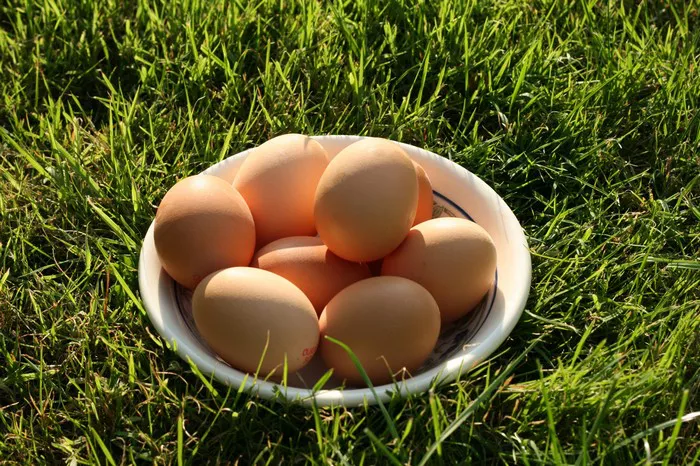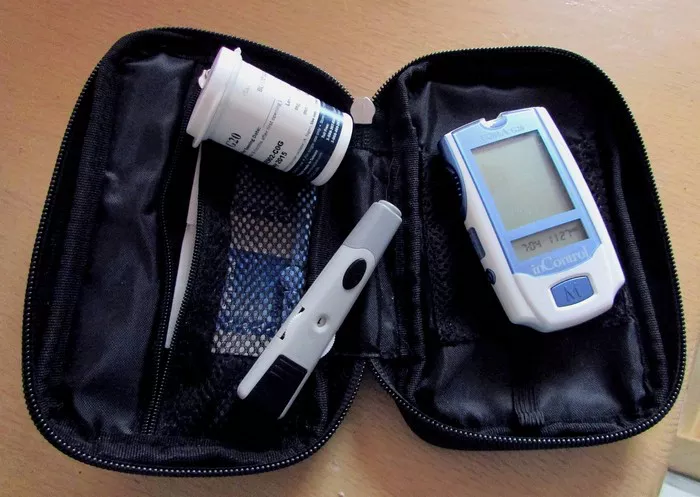Hypoglycemia, commonly referred to as low blood sugar, is a condition characterized by a decrease in glucose levels in the bloodstream. While it can occur at any time of the day, morning hypoglycemia presents unique challenges, particularly for individuals with diabetes. Understanding the causes, symptoms, and appropriate dietary interventions is crucial for effectively managing this condition and promoting overall health and well-being.
Explanation of Hypoglycemia:
Low blood sugar occurs when the level of glucose in the blood drops below normal, typically defined as below 70 milligrams per deciliter (mg/dL). Glucose serves as the primary source of energy for the body’s cells, including the brain. When blood sugar levels become too low, it can impair cognitive function, mood, and overall well-being.
In the morning, especially for individuals with diabetes, the risk of hypoglycemia may be heightened due to various factors. One significant factor is the phenomenon known as the “dawn phenomenon.” During the early hours of the morning, the body releases hormones, such as cortisol and adrenaline, which can cause insulin resistance and lead to a rise in blood sugar levels. However, in people with diabetes who have impaired insulin production or sensitivity, this natural rise in blood sugar may not occur, potentially resulting in hypoglycemia.
Additionally, overnight fasting can contribute to lower blood sugar levels upon waking, particularly if individuals do not consume a bedtime snack or if their evening meal lacks sufficient carbohydrates to sustain blood sugar levels throughout the night.
Symptoms of Morning Hypoglycemia:
Recognizing the symptoms of morning hypoglycemia is essential for prompt intervention and preventing complications. Common symptoms include:
Headache
Sweating
Dizziness
Hunger
Shakiness
Irritability
Confusion
Weakness
Rapid heartbeat
Blurred vision
Individuals experiencing these symptoms should promptly check their blood sugar levels and take appropriate action to raise them to within a normal range.
Immediate Foods to Eat:
When faced with low blood sugar levels, consuming quick-acting carbohydrate sources can help rapidly elevate blood sugar levels. Some options include:
Glucose tablets or gel
Fruit juice (e.g., orange juice)
Honey
Non-diet soda (e.g., regular cola)
Hard candies or glucose gummies
These sources provide a rapid influx of glucose into the bloodstream, helping to alleviate symptoms of hypoglycemia quickly. However, it’s essential to pair these carbohydrates with a protein or fat source to sustain blood sugar levels and prevent subsequent crashes.
Healthy Breakfast Options:
A balanced breakfast is crucial for individuals with diabetes to maintain stable blood sugar levels throughout the morning. Here are some nutritious breakfast ideas that incorporate a mix of carbohydrates, protein, and healthy fats:
Greek yogurt topped with berries, nuts, and a drizzle of honey
Whole-grain toast with avocado and scrambled eggs
Oatmeal with sliced bananas, almonds, and a sprinkle of cinnamon
Smoothie made with spinach, banana, almond milk, and protein powder
Whole-grain cereal with milk and a side of sliced apple with peanut butter
These breakfast options provide a combination of nutrients that help regulate blood sugar levels, promote satiety, and support overall health.
Long-Term Dietary Habits:
In addition to making healthy food choices at breakfast, adopting long-term dietary habits is essential for managing morning hypoglycemia. Consistently eating balanced meals and snacks throughout the day can help stabilize blood sugar levels and reduce the risk of experiencing lows. Key dietary strategies include:
Eating regular meals and snacks every 3-4 hours to maintain consistent energy levels.
Choosing complex carbohydrates with a low glycemic index, such as whole grains, legumes, and non-starchy vegetables, to prevent rapid spikes and crashes in blood sugar.
Incorporating lean protein sources, such as poultry, fish, tofu, and legumes, into meals to promote satiety and slow the absorption of carbohydrates.
Including healthy fats, such as avocados, nuts, seeds, and olive oil, in moderation to enhance flavor, promote fullness, and support stable blood sugar levels.
By adopting these dietary habits, individuals with diabetes can better manage their blood sugar levels and reduce the risk of experiencing morning hypoglycemia.
Prevention Tips:
Preventing morning hypoglycemia requires a comprehensive approach that addresses various contributing factors. Here are some tips to help minimize the risk:
Adjusting medication: Work closely with a healthcare provider to optimize diabetes medication regimens, including insulin doses, to minimize the risk of lows while maintaining target blood sugar levels.
Monitoring alcohol intake: Limit alcohol consumption, particularly in the evening, as it can interfere with blood sugar regulation and increase the risk of hypoglycemia.
Understanding the impact of exercise: Be mindful of the effects of physical activity on blood sugar levels and adjust insulin or carbohydrate intake accordingly to prevent lows during or after exercise.
Eating a bedtime snack: Consuming a balanced snack before bedtime, such as a small serving of carbohydrate paired with protein or healthy fats, can help prevent overnight hypoglycemia.
Monitoring blood sugar levels: Regularly checking blood sugar levels, especially upon waking and before meals, can help identify patterns and trends that may indicate increased risk of morning hypoglycemia.
By implementing these preventive measures, individuals with diabetes can take proactive steps to minimize the occurrence of morning hypoglycemia and maintain optimal blood sugar control.
When to Seek Medical Help:
While mild hypoglycemia can typically be managed with dietary interventions, severe episodes require immediate medical attention. Symptoms that warrant prompt medical assistance include:
Loss of consciousness
Seizures
Inability to swallow or drink
Confusion or disorientation
Persistent symptoms despite treatment
If any of these symptoms occur, it is essential to seek emergency medical care promptly to prevent complications and ensure proper treatment.
Conclusion:
Morning hypoglycemia presents unique challenges for individuals with diabetes, but with proper understanding and management strategies, it can be effectively controlled. By incorporating balanced meals, adjusting medication regimens as needed, and adopting healthy lifestyle habits, individuals can minimize the risk of low blood sugar levels and promote overall well-being. Additionally, knowing when to seek medical help is crucial for preventing serious complications associated with severe hypoglycemia. With diligence and proactive management, individuals with diabetes can maintain stable blood sugar levels and enjoy improved quality of life.



























